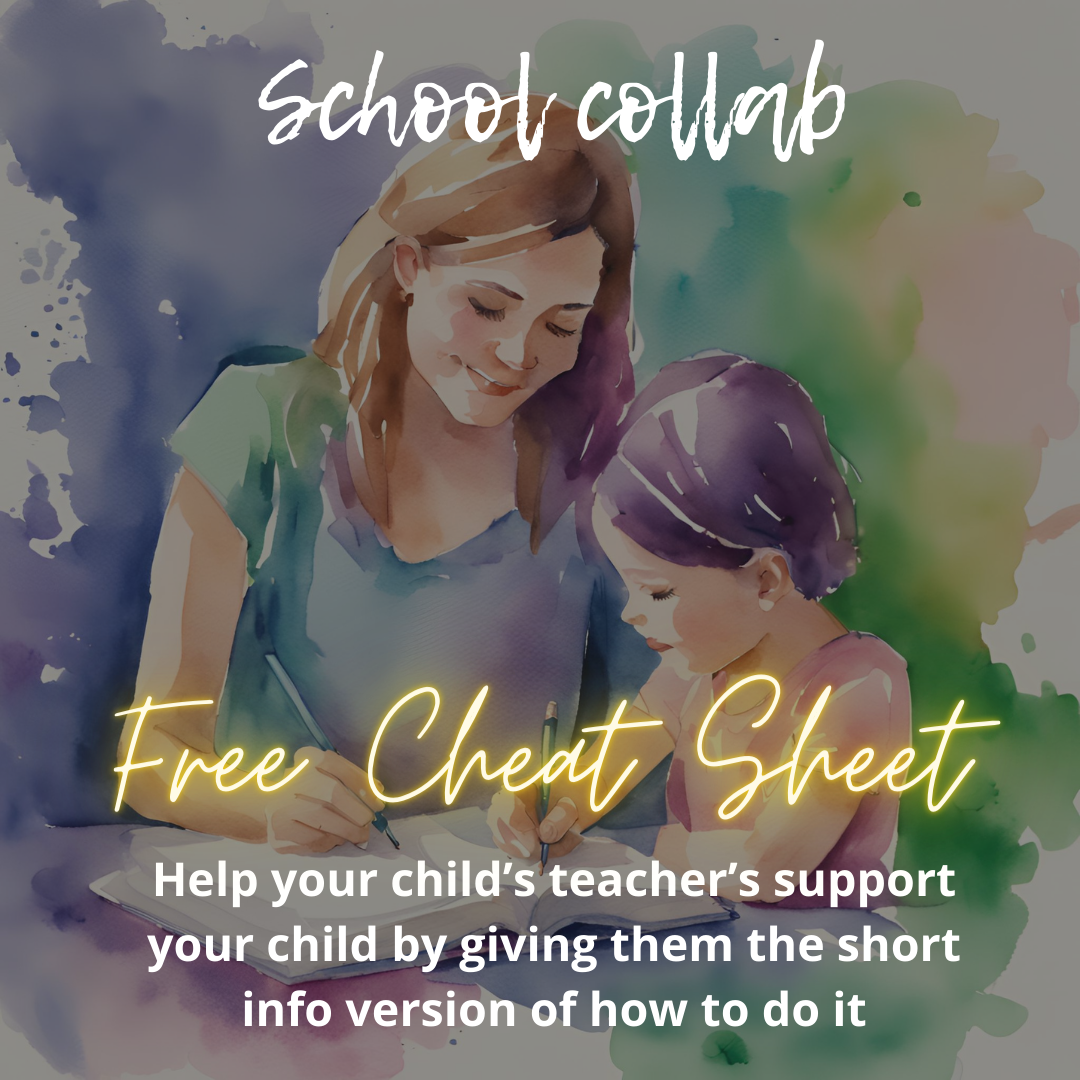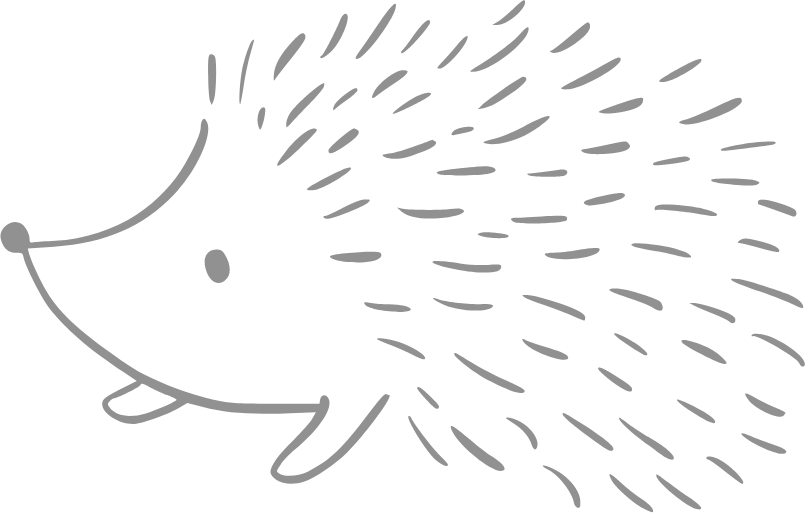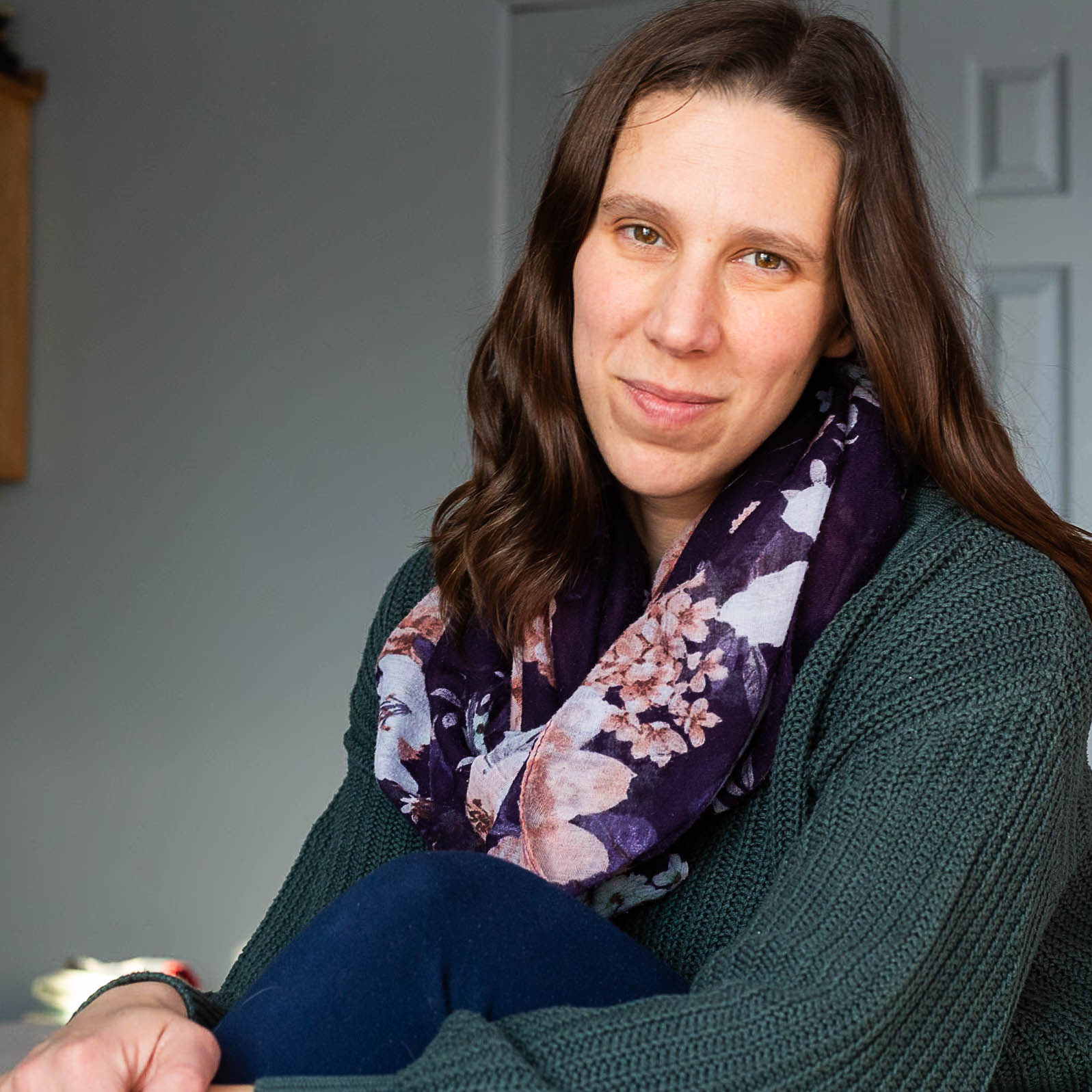Cheat Sheet
School Collab
Help your child’s teacher support your child by giving them the short info version of how to do it, so your child can do and feel better in school and at home
Available instantly when you signup
Are you struggling to get some understanding and support for your emotionally intense child in school?
- You know something's up with your child is school but you're not always sure what it is
- You're often called by the school for something your child did but you don't feel like there's action taken?
- Your child is coming home completely out of control even if they behaved in school?
- You feel like "that annoying parent" always asking for something or complaining?
If any of that resonates, you're in the right place
I'm so happy to share with you my new FREE resource
School Collab
This free cheat sheet will allow you to

In this cheat sheet you'll get


"
In the live class, Anouk was so involved and responsive with all the students on board. She gave so freely of herself. But she also does it in the course material and shares her knowledge and tips without holding back so that everyone wins.
K. L.

"
Anouk was a very understanding guide. She created a safe space to share our thoughts, feelings and questions. Her presence was very calming. Everyone was allowed to participate in their own way/pace. No guilt, no pressure. The exact opposite of what a normal parenting day looks like
Y. N.

"
Anouk's class has been a blessing in disguise. What I love most about her teaching is how "real" she is about her work and what she does. Of course, the good stuff is there too, but it's nice to know that everyone (even the best) are human too!
But wait, what's an emotionally intense child?
An emotionally intense child feels deeply and reacts more intensely then most kids the same age to many kind of situation.
They can also be unpredictable in the way that they sometimes collaborate perfectly in a setting and absolutely not the next time in the same setting.
The most important thing to remember is that they don't do it on purpose, they are not able to do otherwise on their own and need support.
They all have their particularities but I see them as 3 different types:
- Lion
- Hedgehog
- Sloth

The Lion
The lion child is always on the move, loud most of the time, really curious and inquisitive and don’t really care about social expectations or is just not able to control themselves to behave in that expected way, no matter how often you repeat yourself or how hard they try.
It's a child who's externalized in their reactions everywhere and acts out at home as much as everywhere else.
You might get daily call from school, they probably have some service in school settings and you're most likely judged for not being able to control them.

The Hedgehog
The hedgehog child looks very sweet, calm and in control out of the house but will explode once at home and with people they are closer and more comfortable with. They are generally really sensitive and creative. They might be more whinny and cry more then the Lion, but can also be very intense in their reactions.
It's a child that is internalized in their reactions out of the house, but externalized at home so others don't see it and most of the time don't understand what you mean and don't trust you when you're sharing your experience, you're probably judged (and might judge yourself) like you are the problem since it's all happening in your house/with you.
For that reason they probably don't get access to any support in school settings even if they could benefit from some.

The Sloth
The Sloth is a child who's sweet, calm, looks in control, is often alone, helpful to adults, don't talk loudly or run around and is generally really careful. They are really reserved and might be seen as slow, lazy or shy. When they react it's more in subtle whining or crying, you might tel them to speak up often.
It's a child who's Internalized in their reactions everywhere, which means they often go under the radar even for parents, so I'm not even really expecting their parents to read this 😉, so if you are, congrats for being so in tune.
Even if they don't look like it, they are still struggling inside and things might get harder as they grow older and there's more demand and more stress in their life.
Do any of that resonates? This private audio series was designed with parents of Lion kids in mind, as they are the one's that are the most challenging to go out the house with for obvious reasons.
But even if it's not as hard for you as the parents, applying some of the principals with the Hedgehog and Sloth kids will also be beneficial for them, especially the first 2 sections of the resource.
Who am I, you ask?

If we haven't met, Hi, I'm Anouk!
I'm a mom of 3, I have a master's in social work and I've been supporting parents (mostly of kids of all kind of special needs) for 16 years (and that's how long I've been a mom!).
I support parents of emotionally intense kids for whom nothing in the “general parenting advice” seems to work.
Together, we'll uncover what’s going on with your child and find solutions and ideas that work for YOU and YOUR kid(s) so things go more smoothly, you can quit feeling like you are failing at parenting in constant fear of the next outburst and feel confident in trying different things that fit your kids' needs better.

